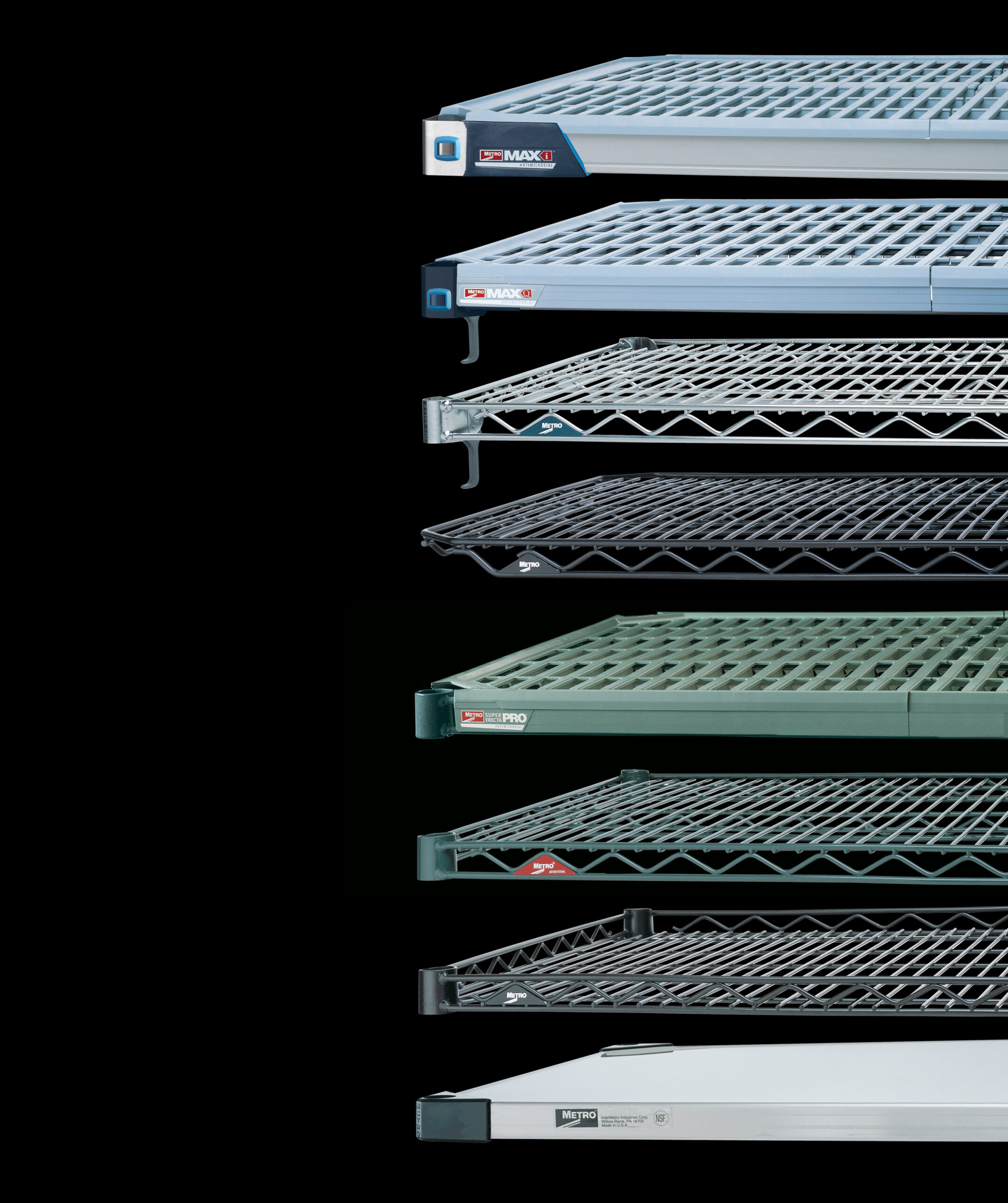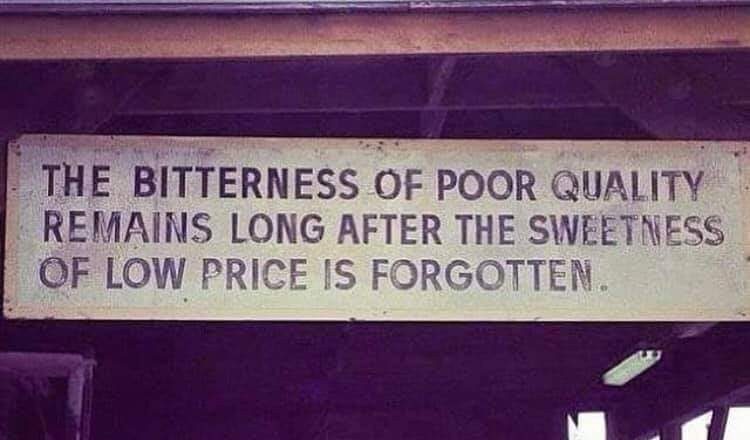If you’ve been into any big box store you’ve likely seen wire shelf units for sale. Frequently we will get asked why they can be so cheap in a store like that but something designed for clinical use costs so much more? There are a some fundamental differences in manufacturing: not all shelves are created equally.
Construction – Gauge and Density
- Retail shelving units use higher gauge (thinner) wire components. The weight capacity of a shelf is reduced with thinner wire construction.
- Clinical shelving is made using not only thicker wire but more of it. If you compare a retail shelf unit with a clinical one you will see the spaces between the wires are bigger on the retail shelf.
Both of these translate to increased weight capacity and durability.

Finish types
- Zinc chromate & nickel chrome are the standard finish types for most wire shelf units used in healthcare settings. Chromate is more cost-effective than nickel chrome but the thick plating of the nickel chrome finish is more durable against cleaning agents. Neither finish should be cleaned using a cart wash.
- Epoxy coated wire can offer corrosion resistance for wet or high humidity environments and even anti-microbial protection.
- Stainless steel addresses the most aggressive applications including regular hospital cart washing and autoclave applications. It has a substantially higher price tag though.
Quality & workmanship
Overall quality and workmanship can vary greatly from one manufacturer to another. Look for wire manufactured in ISO 9001 certified plants to ensure the best possible quality.


